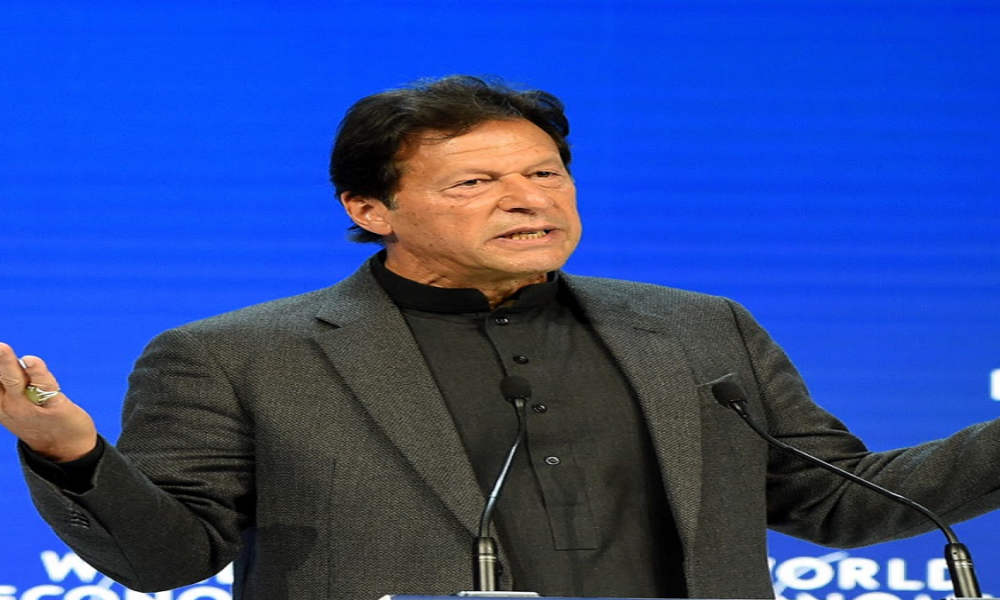A few years ago, two Indian Premier League (IPL) teams were suspended for their involvement in sport fixing. Along with the players, team owners were also found guilty. However, the problem is not new; about 20 years ago, many Indian players were banned for alleged fixing.
There has been a lot of discussion and debate on such issues at every major forum. The cases have reached the Law Commission, wherein they have opined that such cases should be in the category of criminal offences, and should be severely punished. Often, such matters were taken up in Parliament as well. It is ironic that, till now, any law has not been enacted regarding such offences.
It’s quite strange that match-fixing has not been defined in any law. The only place where one can look into the definition of match-fixing comes from the CBI report on match-fixing allegations.
Among the Test playing countries today, Pakistan is going to become the fourth country after Australia, New Zealand, and Sri Lanka where match-fixing can be brought under the category of a criminal offence.
Pakistan Prime Minister Imran Khan, who is also the patron-in-chief of Pakistan Cricket Board (PCB), has approved the board’s plan to revise its anti-corruption code, making match-fixing a criminal offence. After clearance, this proposal will be laid on the table of Parliament of Pakistan.
When Australia, New Zealand and Sri Lanka can take tough steps in this regard and make separate laws, then why can’t India do this? There have been very few cases in Australia as compared to India, moreover, the number of such cases in New Zealand is even lesser, but these countries have succeeded in doing all that India could not do till date.
Australia included the issue of match-fixing in its national policy nine years ago. The very next year, New South Wales and later South Australia implemented the law regarding match-fixing. The very next year, the Parliament of New Zealand also passed a bill, and it was later decided that the culprit would face the imprisonment of seven years.
Similarly, the sports bill was passed in the Parliament of Sri Lanka in November last year, which mentioned a ten-year sentence for matchfixing. The 1996 World Cupwinning team captain and cabinet minister Arjun Ranatunga strongly supported Sports Minister Harin Fernando on this issue.
In the 1996 World Cup, Sanath Jayasuriya, Sri Lanka’s crucial left-handed batsman, was accused of not cooperating with the investigating committee, and tampering with the evidence; he ended up getting banned for two years from the professional sport in 2019. Dilhara Lokuhettige, another Sri Lankan player, was also banned after being found guilty of corruption in the T-10 league in 2017.
India should follow Australia, New Zealand, and Sri Lanka on this issue. If Pakistan can act on this direction, we too can.






















